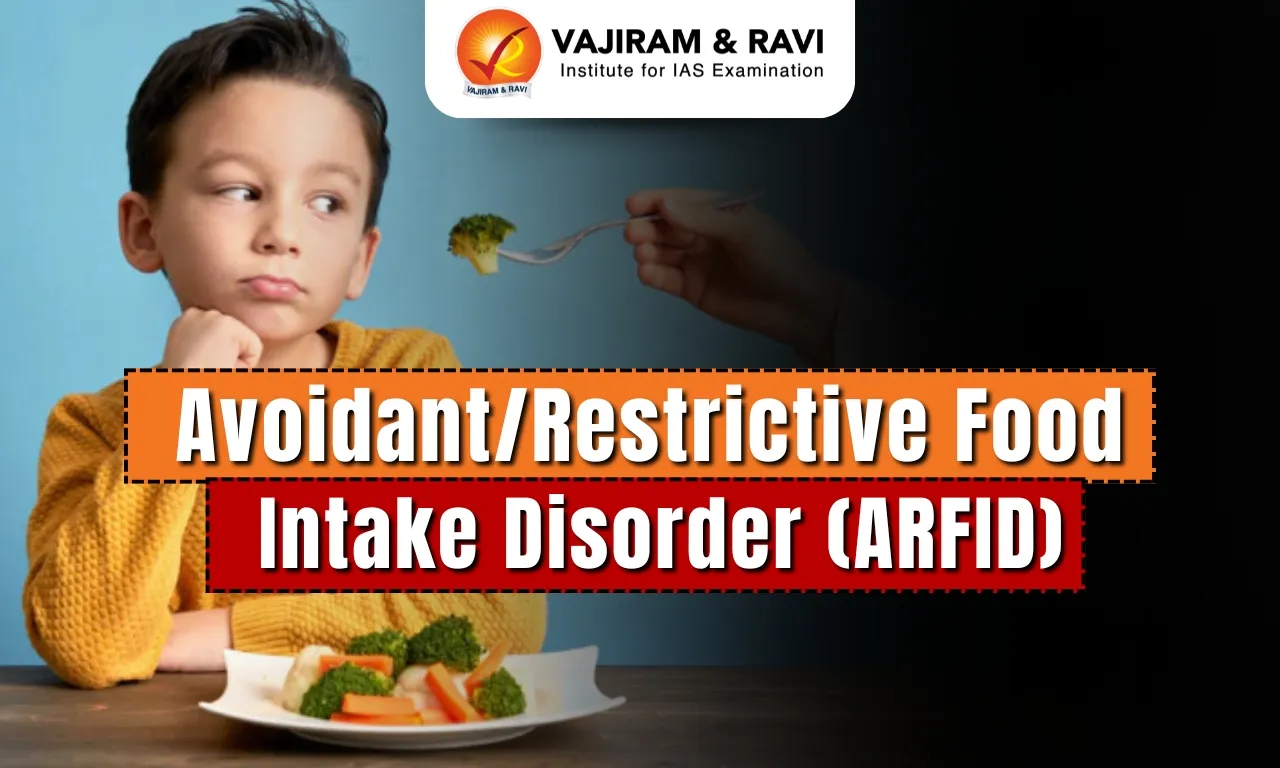What is abetment of suicide?
The Indian Penal Code, 1860 makes abetment of suicide a punishable offence.
- Section 306 of the Indian Penal Code (IPC) prescribes either a jail term of up to 10 years or a fine or both.
- “If any person commits suicide, whoever abets the commission of such suicide shall be punished with imprisonment of either imprisonment for a term which may extend to ten years, and shall also be liable to fine,” Section 306 reads. Generally, the fine is paid to the kin of the deceased.
- The IPC also has a separate chapter on abetment and describes who is an abettor under Section 108.
- Abetment is defined as including instigating, engaging in a conspiracy or assisting in committing the offence.
How serious is the offence of abetment?
- Abetment of suicide is a serious offence that is tried in a Sessions court and is cognizable, non-bailable and non-compoundable.
- A cognizable offence is one in which a police officer can make an arrest without a warrant from a court.
- A non-bailable offence means bail is granted to the accused at the discretion of the court and not as a matter of right.
- A non-compoundable offence is one in which the case cannot be withdrawn by the complainant even when the complainant and the accused have reached a compromise.
Is abetment of suicide the same as murder?
- No, it is not same as murder. The Supreme Court clarified this issue in 1997 in the case of ‘Sangarabonia Sreenu v State of Andhra Pradesh’.
- Despite the intention of the accused to drive a person to commit suicide, abetment of suicide is not the same as murder.
- In the case of a murder, the final ‘act’ of causing the death of a person is committed by the accused, which is not the case in abetment of suicide.
Q1) What is the difference between the bailable and non-bailable offence?
In the case of a bailable offence, the grant of bail is a matter of right. It may be either given by a police officer who is having custody of the Accused or by the court. However, A non-bailable offence is one in which the grant of Bail is not a matter of right. Here the Accused will have to apply to the court, and it will be the discretion of the court to grant Bail or not.
Source: Tunisha Sharma’s co-star booked: What is ‘abetment of suicide’ under the law
Last updated on February, 2026
→ UPSC Notification 2026 is now out on the official website at upsconline.nic.in.
→ UPSC IFoS Notification 2026 is now out on the official website at upsconline.nic.in.
→ UPSC Calendar 2026 has been released.
→ UPSC Final Result 2025 is expected to be released in the first week of March 2026.
→ Check out the latest UPSC Syllabus 2026 here.
→ Join Vajiram & Ravi’s Interview Guidance Programme for expert help to crack your final UPSC stage.
→ UPSC Mains Result 2025 is now out.
→ UPSC Prelims 2026 will be conducted on 24th May, 2026 & UPSC Mains 2026 will be conducted on 21st August 2026.
→ The UPSC Selection Process is of 3 stages-Prelims, Mains and Interview.
→ Prepare effectively with Vajiram & Ravi’s UPSC Prelims Test Series 2026 featuring full-length mock tests, detailed solutions, and performance analysis.
→ Enroll in Vajiram & Ravi’s UPSC Mains Test Series 2026 for structured answer writing practice, expert evaluation, and exam-oriented feedback.
→ Join Vajiram & Ravi’s Best UPSC Mentorship Program for personalized guidance, strategy planning, and one-to-one support from experienced mentors.
→ Check UPSC Marksheet 2024 Here.
→ UPSC Toppers List 2024 is released now. Shakti Dubey is UPSC AIR 1 2024 Topper.
→ Also check Best UPSC Coaching in India


















